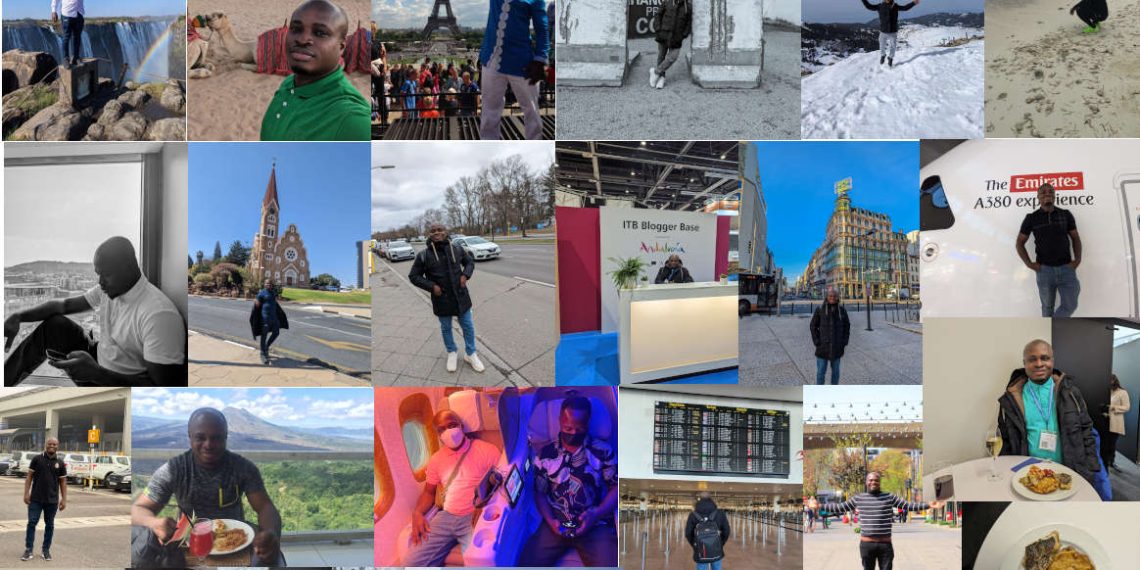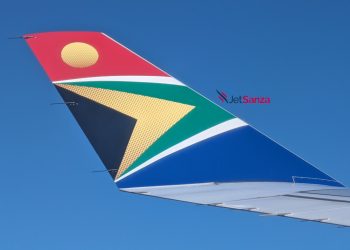The controversy surrounding Skiplagged
Skiplagged, a website and app that helps travelers find cheaper flight options by utilizing hidden city ticketing, has been the center of controversy in the airline industry. While some travelers swear by the money-saving advantages of using Skiplagged, airlines are not too happy about the practice.
Hidden city ticketing
Hidden city ticketing is a travel strategy that involves booking a flight to a destination with a layover in a desired city, and then simply not taking the second leg of the flight. This can often result in cheaper airfare, as flights to smaller or less popular destinations may be more expensive than those with layovers in major cities.
Airline reaction
Airlines, however, are not pleased with this practice. They argue that hidden city ticketing violates their terms and conditions, as well as disrupts their revenue management strategies. Additionally, the practice can cause logistical issues, such as delayed flights and lost luggage, when passengers fail to board their connecting flights.
Legal battles
The controversy has led to legal battles between Skiplagged and major airlines. In 2015, United Airlines and Orbitz filed a lawsuit against the website, alleging that it was engaging in unfair competition. While the lawsuit was ultimately dismissed, it shed light on the tensions between airlines and Skiplagged.
Impact on the industry
The rise of Skiplagged and other similar platforms has prompted airlines to reassess their pricing and revenue management strategies. Some have implemented changes to their terms and conditions to prevent passengers from taking advantage of hidden city ticketing, while others have introduced price-matching guarantees to deter travelers from using third-party booking sites.
In the end, while travelers may appreciate the cost-saving benefits of Skiplagged, airlines are not pleased with the practice of hidden city ticketing. The controversy surrounding this travel strategy has not only sparked legal battles, but has also forced airlines to adapt their pricing and revenue management strategies in response.
Still have some travel questions? Ask in our Travel WhatsApp Group.








